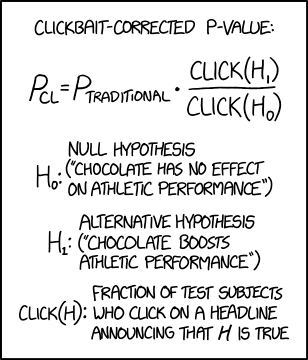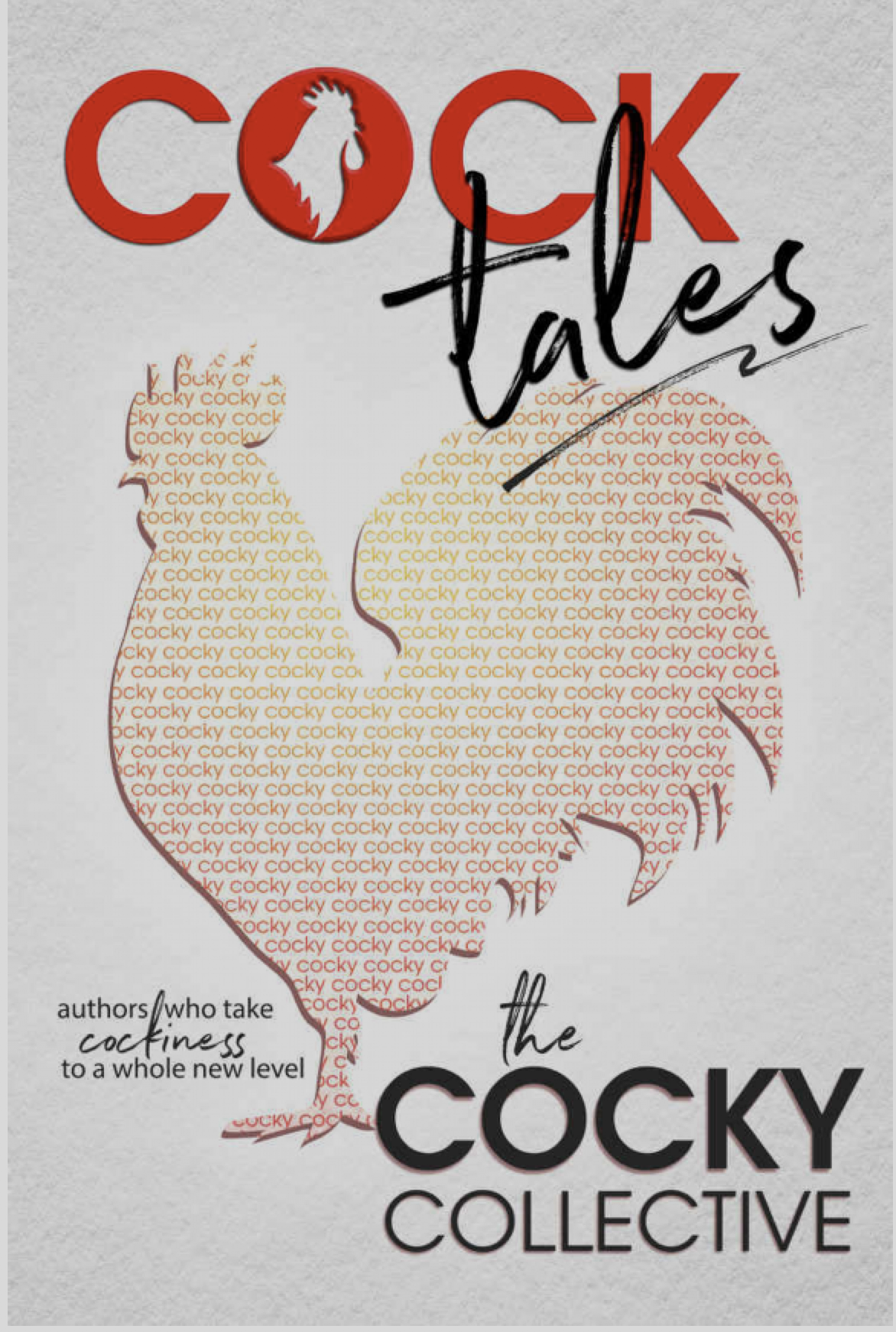No dictation
The boy in the photos below is Alexander Aurelius Wang. He is one of our youngest fans in Shenzhen. He doesn't like writing characters from dictation (tīngxiě 听写 / 聽寫):
Read the rest of this entry »
The boy in the photos below is Alexander Aurelius Wang. He is one of our youngest fans in Shenzhen. He doesn't like writing characters from dictation (tīngxiě 听写 / 聽寫):
Read the rest of this entry »
[An introduction and guide to my series of posts "Corpora and the Second Amendment" is available here. The corpus data that is discussed can be downloaded here. That link will take you to a shared folder in Dropbox. Important: Use the "Download" button at the top right of the screen.]
Before I get down to the business of discussing the corpus data and its implications for the Supreme Court's analysis in Heller, I want to say a few things about what this series of posts will and won't be about, I want to offer some caveats, and I want to outline the sequence that the posts will follow.
What the posts will and won't be about
These posts are going to focus on the meaning of the phrase keep and bear arms and on the Court's analysis of that phrase. I won't be talking about the other parts of the Second Amendment (a well-regulated militia, the security of a free state, the right of the people, and infringed).
The discussion will concentrate on linguistic issues rather legal issues. I won't be talking about whether the Court's holding in Heller is correct. I will, however, talk about what my linguistic analysis means for Heller's conclusion that the Second Amendment's text is unambiguous and therefore that the prefatory clause plays no role in the amendment's interpretation.
Read the rest of this entry »
We have an ardent group of fans in Shenzhen, a large metropolitan area in the Pearl River Delta, just north of Hong Kong.
Read the rest of this entry »
An introduction and guide to my series of posts "Corpora and the Second Amendment" is available here. The corpus data that is discussed can be downloaded here. That link will take you to a shared folder in Dropbox. Important: Use the "Download" button at the top right of the screen.
New URL for COFEA and COEME: https://lawcorpus.byu.edu.
Two quick updates.
First, David Weisberg has replied to my response to his post on the Originalism Blog, but he doesn't address the point that I made, which was that I disagreed with his framing of the issue.
Weisberg also notes that I didn't respond to the second point in his original post (which dealt with a purely legal issue), and he goes on to say this:
Many people (and I think Goldfarb is one) believe the correct sense of the 2nd Amend is this: “The right of the people to keep and bear Arms, for use in a State’s well regulated Militia, shall not be infringed.” But, if that is what the framers meant, why isn’t that what they wrote? I think that is a very fair question to ask, and it merits an answer. After all, 5 words would have been saved. Will corpus linguistics provide an answer?
I'm not going to offer any views in this series of posts about how I think the Second Amendment as a whole should be interpreted; I'm focusing only on Heller's interpretation of the phrase keep and bear arms. So I'm not going to say whether Weisberg is correct in his speculation about what I think on that score. Weisberg then asks why, if the framers had intended to convey the meaning he posits, they didn't write the amendment in those terms. Although Weisberg thinks that is "a very fair question to ask," I don't think it's a question that's relevant to the issue as the Court framed it in Heller, which had to do with how the Second Amendment's text was likely to have been understood by members of the public, not with what the framers intended. Nevertheless, I'll say that the question to which Weisberg wants an answer is not one that can be answered by corpus linguistics.
Read the rest of this entry »
Permalink Comments off
Following on the victory of Karthik Nemmani in the Scripps National Spelling Bee — the 11th straight Indian-American to win the competition — the New York Times has an interview with Sam Rega, whose new documentary Breaking the Bee explores how kids of South Asian ancestry have come to dominate the Bee in recent years. I wrote about Breaking the Bee for The Atlantic last month — as I said there, it's a compelling film, and I hope it gets a distribution deal soon. (Currently it's on the film-festival circuit.) In the Times interview, Sam makes a point about the spellers' multilingual backgrounds that I didn't have room to discuss in my Atlantic piece.
Is there something about South Asian values or families that explains success in spelling?
To me, the key is how much these families believe in the idea of family. And how much spelling is a family sport. They believe in working together as a family unit. They want to create a bond between parent and child. Spellers look to their parents as role models and coaches. Their siblings often play assistant coach. Parents like to instill values like dedication, hard work, and how to handle yourself in defeat or success.
These families also tend to be multilingual, sometimes with moms and dads who speak different languages. Exposure to multiple languages can also play a role in spellers’ facility with spelling. Spelling is a worldly sport, it connects you to languages and places far away from you.
Read the rest of this entry »
Among many other applications, this hypothesis (from the most recent xkcd) may finally offer a quantitative explanation for the generally poor quality of language-related articles in Science and Nature:

Mouseover title: "When comparing hypotheses with Bayesian methods, the similar 'clickbayes factor' can account for some harder-to-quantify priors."
Read the rest of this entry »
Here's an amusing Japanglish song by a Malaysian Chinese hip hop recording artist who is called Namewee:
Read the rest of this entry »
 This is one of the important stories that I haven't had time to blog about over the past couple of months. Let's start with some of the more tasteful jokes, nicely presented using the rhetorical device of praeteritio — Constance Grady, "How an author trademarking the word “cocky” turned the romance novel industry inside out", Vox 5/15/2018:
This is one of the important stories that I haven't had time to blog about over the past couple of months. Let's start with some of the more tasteful jokes, nicely presented using the rhetorical device of praeteritio — Constance Grady, "How an author trademarking the word “cocky” turned the romance novel industry inside out", Vox 5/15/2018:
Gentle reader: Before we delve into the long tale that lies ahead — a tale of hubris, furious romance novelists, and intellectual property law — I ask you to take a moment to contemplate all of the “cocky” puns to which I, your humble reporter, have heroically chosen not to subject you.
I will not snidely remark that someone’s feeling cocky. I will not call this a cocky-and-bull story. I will not lament that the whole thing was started by someone going off half-cockyed.
This is a sacrifice, and I have made it. Thank you for bearing with me. Now let’s get into it: This is the story of #CockyGate.
Read the rest of this entry »
Recently in PHD Comics:
My schedule is merely crowded over the next week or so, rather than insane, so I hope to be able to post a little more often.